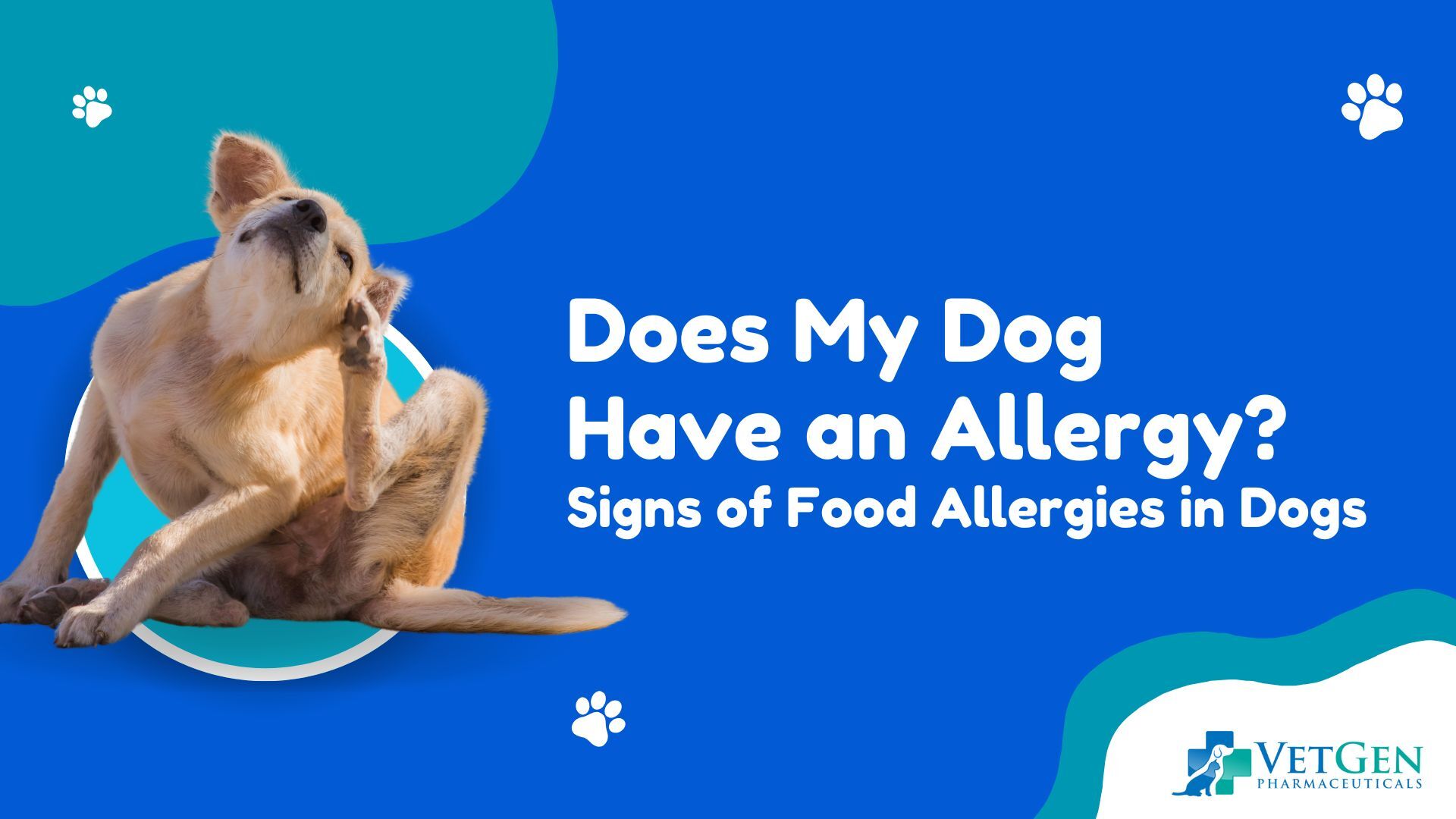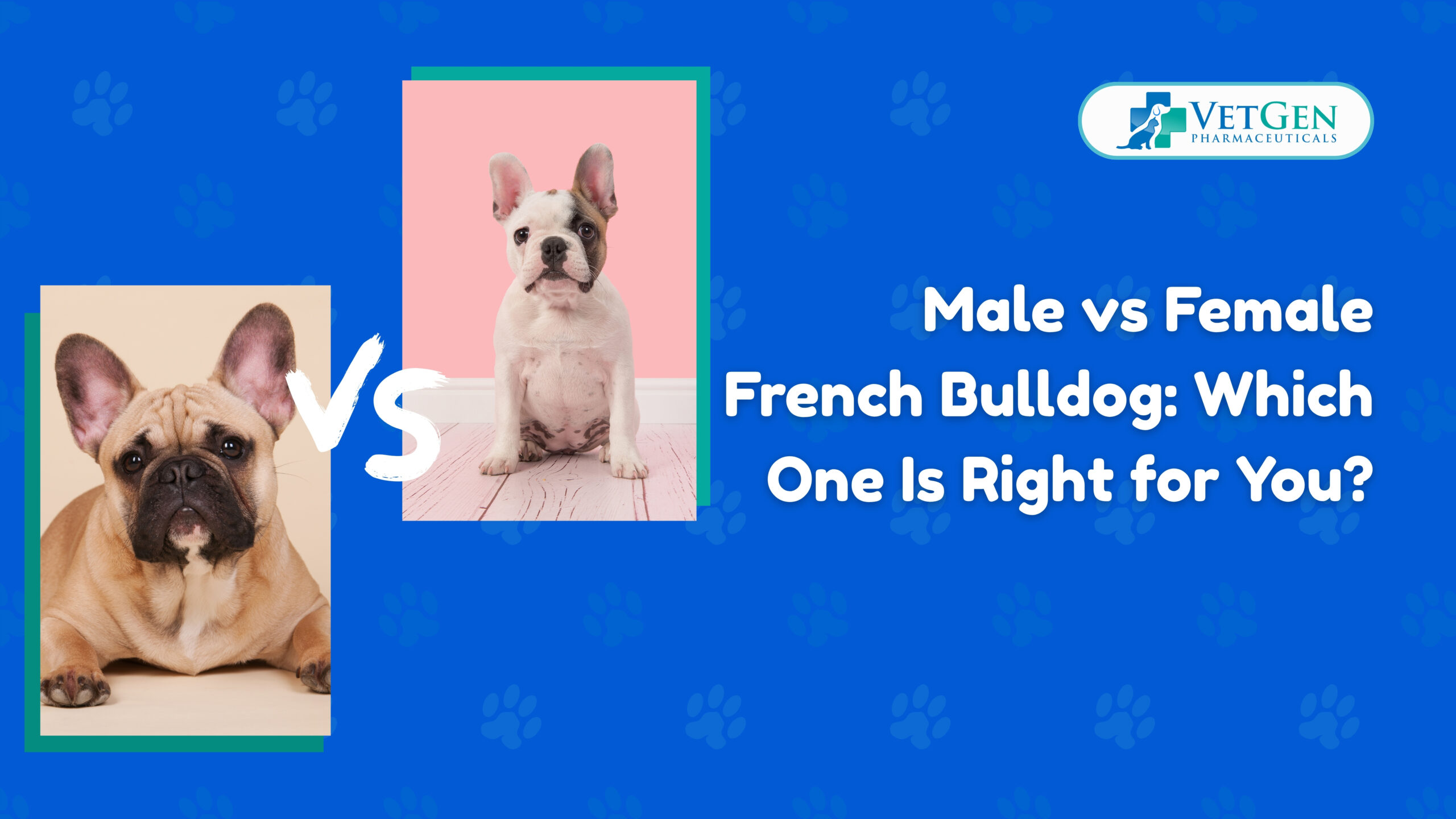If your dog has been scratching a lot or seems uncomfortable in some way, you might be asking yourself, does my dog have an allergy? As much as people, dogs can also be affected by allergies in the same way that we are affected. Some of the most popular ones include food allergies, which produce a range of signs that may impact your dog’s skin, gastrointestinal tract, and more.
It is crucial to know the symptoms of food allergies to help your pet get the comfort they require. In this blog, we will discuss how to diagnose food allergies in dogs, what causes them, and how you can treat this condition.
What are Food Allergies in Dogs?
Food sensitivities are conditions whereby a dog’s immune system reacts to a specific food component as a threat, leading to a dog have an allergy. This reaction can present itself in the form of skin rashes to stomach upsets.
While food intolerances are related to digestion problems, food allergies may trigger the immune system and therefore may be more dangerous.
Symptoms of food allergies that are frequently observed in dogs.
It is challenging to identify food allergies because the signs are similar to those of other diseases. However, there are a few telltale signs that may indicate your dog is suffering from a food allergy:
1. Itchy Skin
One of the most apparent signs is itching in dogs, which never seems to end. Food allergy signs are usually manifested by itching in the face, ears, paws, and hind legs in dogs. If your dog is often scratching or biting these areas, then it could be that he or she is allergic to something.
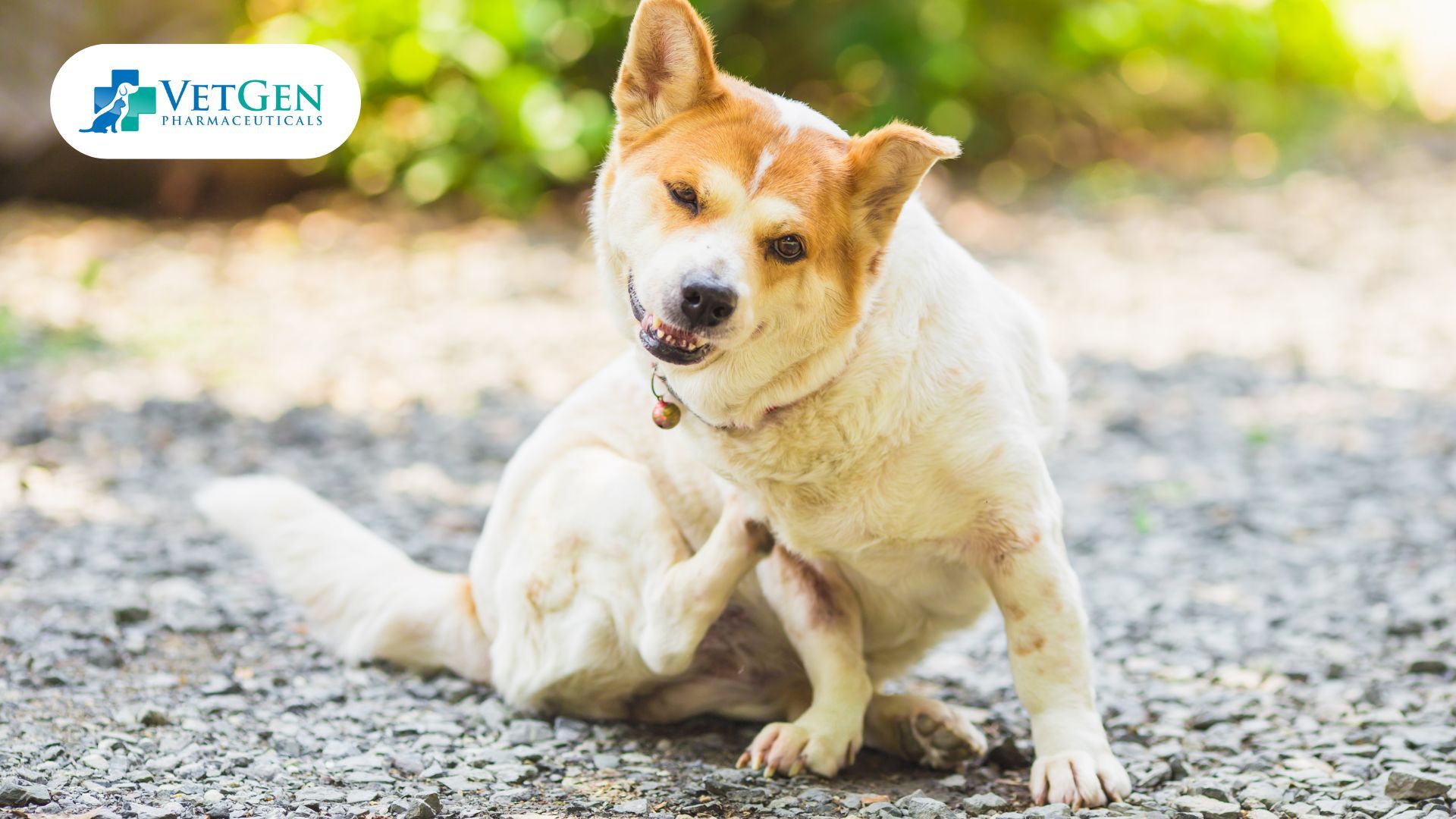
2. Recurring Ear Infections
Another sign of food allergies is ear infections that are recurrent in nature. If your dog is constantly shaking his head or scratching his ears and there is a bad smell or pus then it’s time to go to the vet.

3. Gastrointestinal Issues
Vomiting, diarrhea or excessive flatulence are some of the signs that you may be allergic to certain food. These symptoms can develop immediately after your dog consumes a particular food or may take days or even weeks to manifest.
4. Red or Inflamed Skin
Food allergies can lead to skin reactions such as redness, swelling of the skin or formation of a rash known as hives. Dogs can get skin infections called hot spots which are painful and inflamed skin that can become infected if left alone.
5. Licking or Chewing Paws
Dogs that have been affected by food allergy tend to develop itchy skin in dogs and chew or lick their paws more than normal. This may be how they are able to relieve the itchiness resulting from inflammation.
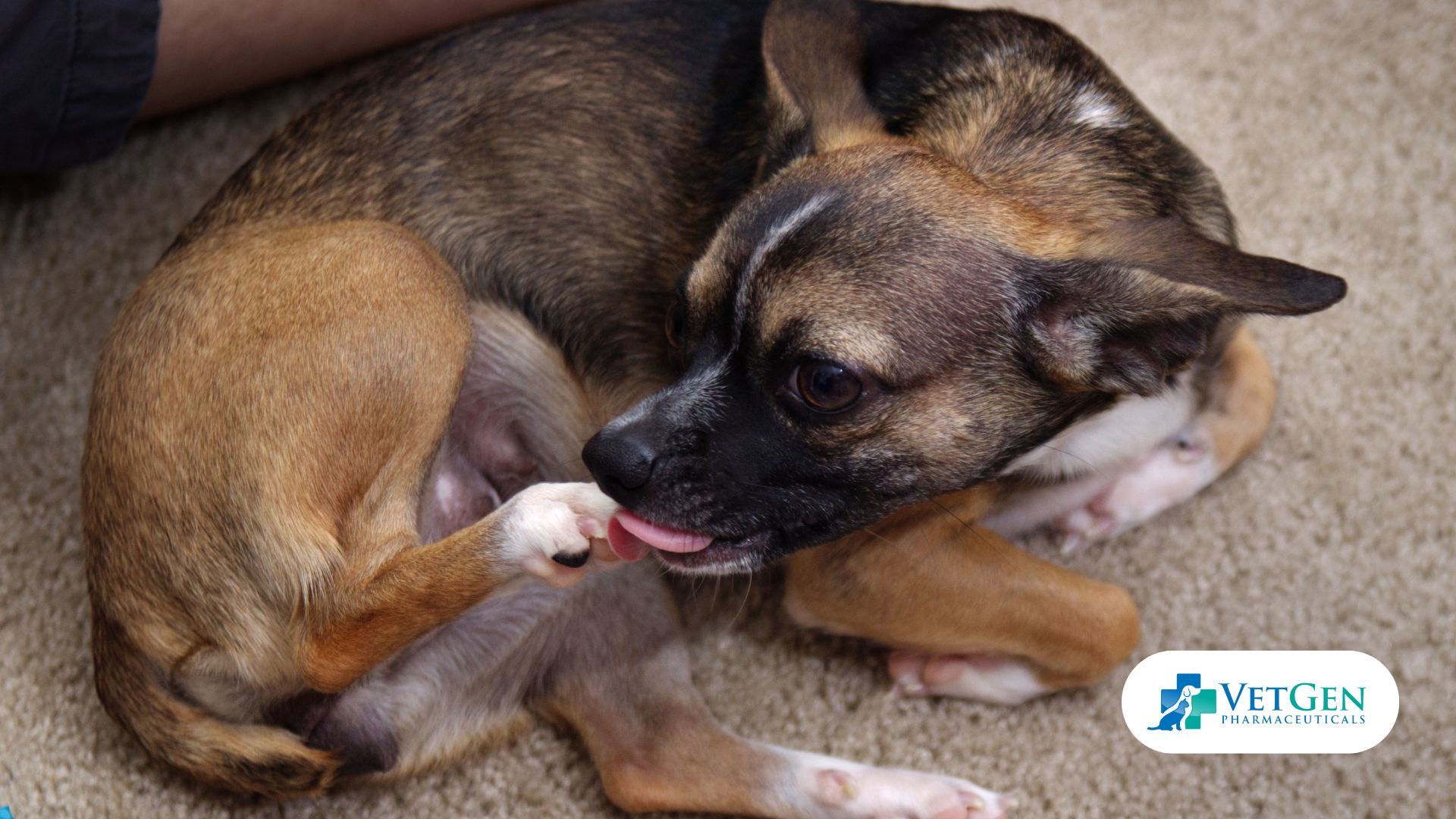
Identifying Food Allergies in Dogs
A food allergy in your dog is diagnosed based on the process of ruling out other possibilities. Your veterinarian may suggest an elimination diet whereby a food that is believed to contain the allergens is withdrawn from your dog’s diet and then gradually fed to your dog in a bid to identify the allergen.
This diet mainly involves feeding your dog with a new protein source that he has not encountered before and a few other ingredients.
Common Food Allergens in Dogs
Some foods are known to trigger allergic reactions in dogs more than others are. These include:
- Beef
- Chicken
- Dairy
- Wheat
- Eggs
- Soy
- Lamb
This is to mean that any ingredient that is used in the formulation of the food, including those that are commonly referred to as hypoallergenic, may cause the dog have an allergy.
Common Food Allergens in Dogs
A food allergy in your dog is diagnosed based on the process of ruling out other possibilities. Your veterinarian may suggest an elimination diet whereby a food that is believed to contain the allergens is withdrawn from your dog’s diet and then gradually fed to your dog in a bid to identify the allergen.
This diet mainly involves feeding your dog with a new protein source that he has not encountered before and few other ingredients.
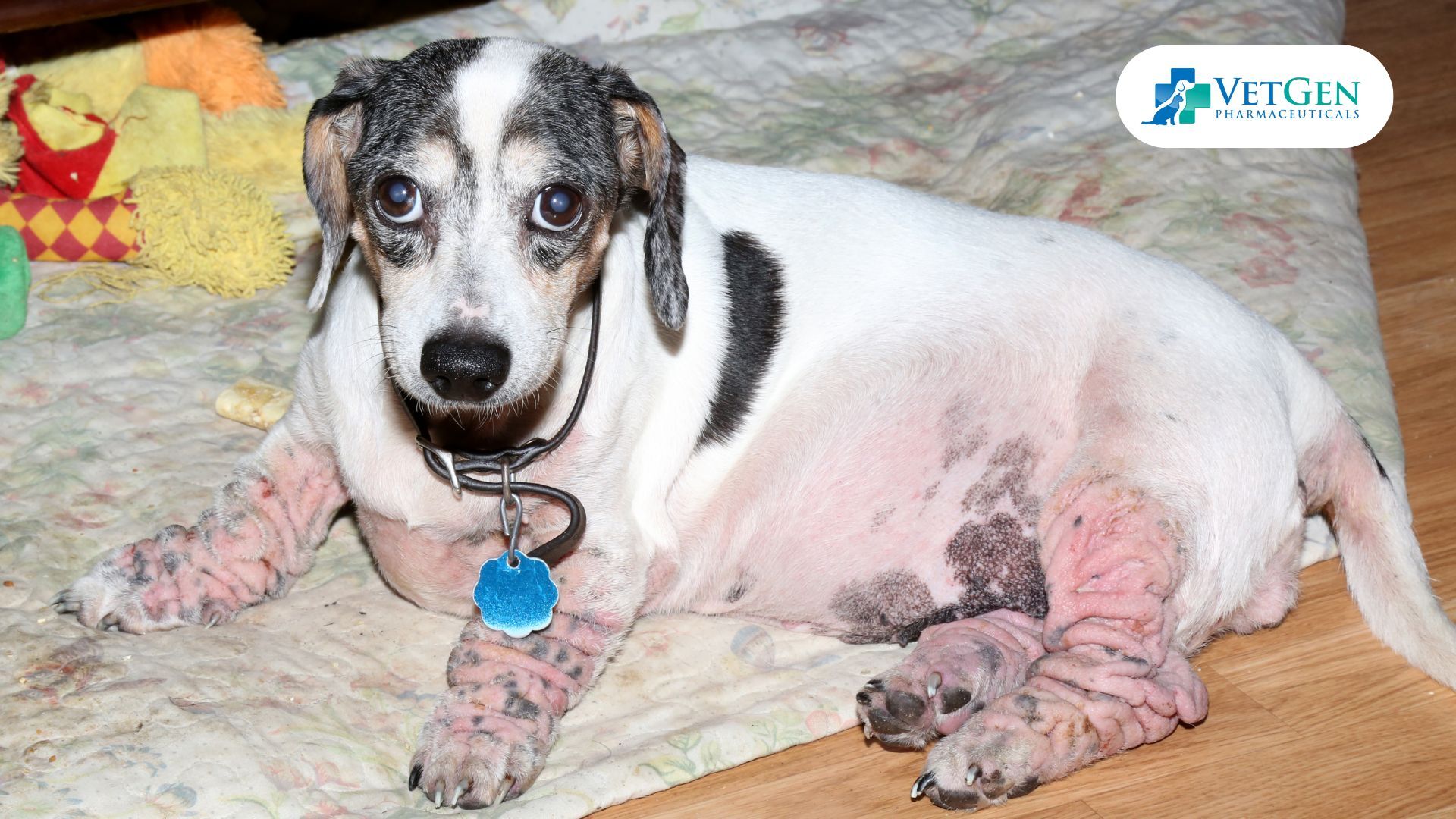
Treatment and Management
The best treatment for your dog’s food allergy is to eliminate the offending ingredient from its diet as much as possible. This may mean offering your dog a prescription diet or choosing commercial dog foods that are advertised as hypoallergenic.
In some cases, your veterinarian may recommend additional treatments to manage symptoms, such as:
- Antihistamines or steroids to reduce itching and inflammation.
- Creams for the treatment of skin inflammation.
- Supplements for the improvement of gut health and digestion.
Common Skin Allergies in Dogs
It’s worth noting that food allergies aren’t the only type of allergies that can cause skin issues. Common skin allergies in dogs, such as environmental allergies in dogs and flea allergy dermatitis, can also lead to similar symptoms like itching and redness. If your dog’s symptoms persist despite dietary changes, it’s crucial to explore other potential causes with your vet.
Conclusion
Food allergies in dogs can be very tricky to diagnose and treat but with time and guidance you can ensure your dog lives a happy and comfortable life. If you think your dog has a food allergy, it is advisable to seek the services of a veterinarian that will help you come up with a plan that suits your dog.
It is important to understand that your dog’s health and happiness are worth the time and effort, and removing allergens from their diet will drastically enhance their life.
Frequently Asked Questions
How Can I Know That My Dog Has An Allergy To Certain Foods?
The symptoms include itching, frequent ear infection, vomiting, diarrhea, and red and inflamed skin. If these symptoms are still present, it is advisable to seek the vet’s help to put your dog on an elimination diet to find out what the allergen is.
Which Foods Causes for a Dog to have an allergy frequently?
Some of the most familiar allergens are beef, chicken, dairy products, wheat, and soy. But any food can trigger an allergic reaction. It is therefore important to find out what specific causes can lead to your dog’s condition.
Can puppies have food allergy?
Indeed, it is possible to develop a food allergy at any age in life. Both puppies and adult dogs might develop symptoms. It is recommended to diagnose the problem in its early stage to avoid chronic pain and other issues.
Can Dogs Be Cured from Food Allergies?
Food allergies are chronic conditions, but they can be well controlled. This means that if you realize what causes the reaction, you can avoid it and your dog will not suffer from this condition.
What should I do if I think I have a food allergy?
Contact your vet if your dog presents any of these signs. They may advise the patient to try an elimination diet or suggest an allergy test to identify the trigger and the way to deal with it.

